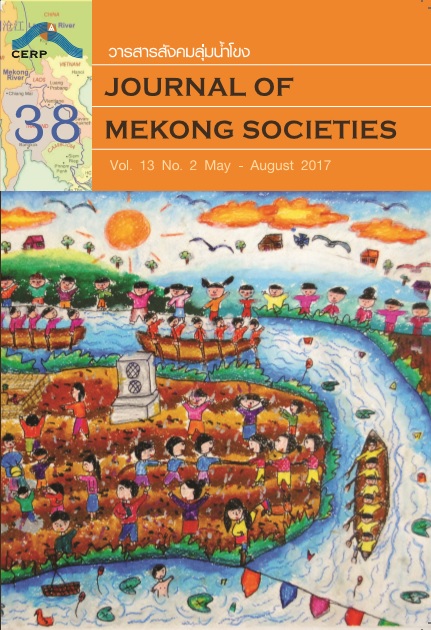A Field Trip Approach to Studying the Role of Tour Guides in Shaping the Tourist Experience
Main Article Content
Abstract
In this article, the utility of a stimulus-organism-response (S-O-R) model is verified, based on structural equation modeling (SEM) and multiple-regression analysis of data collected from students participating in a field trip required for the tour-guide certification. The population for this study were students pursuing a degree in tourism in the School of Management at Mae Fah Luang University, Chiang Rai, Thailand who participated in a field trip. The S-O-R model explains that the ways in which tour guides execute various roles as the stimulus inevitably affect the cognitive, perceptual and emotional internal states of the tourists (organism), and in turn, stimulate the development of positive tourist responses in the form of loyalty, satisfaction and conative intention. Two distinctive sets of roles of tour guides, namely, instrumental, interactive and caring on the one hand, and social and communicative on the other, are shown as important predictors of tourist learning and value perceptions of destination experiences.


